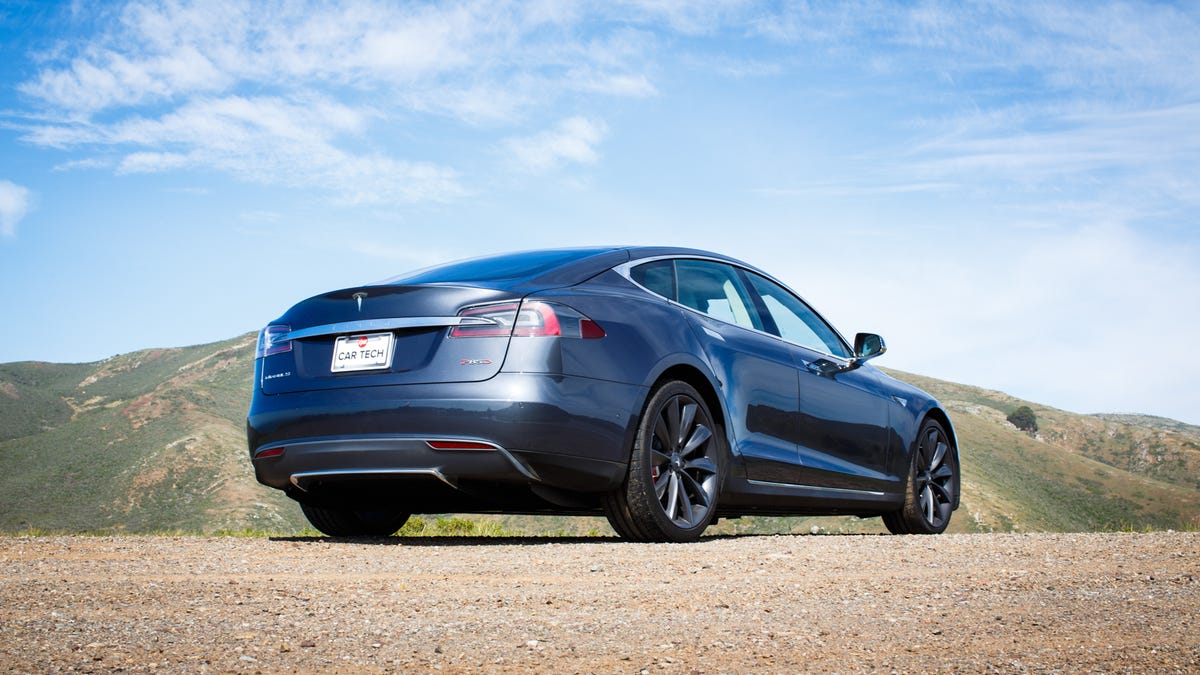Tesla, Consumer Reports and the art of doing your research
Consumer Reports rescinding its Model S recommendation should remind everybody that sticking with one website's opinions is not doing your due diligence.

Don't assume that a single website holds all the answers.
On October 20, Consumer Reports pulled its recommendation of Tesla's all-electric Model S sedan, citing new information regarding the vehicles' reliability. If anybody bought a Model S after taking Consumer Reports at its word, they're likely to feel a bit salty at the moment. How can you avoid the same fate? By casting your shopping net a little wider.
First of all, to understand CR's reasoning behind this flip-flop, understand that reliability scores do not factor into road-test scores, which is the initial determinant in any forthcoming recommendation. Only after the outlet's annual reliability survey results were collected and tallied did the company make the decision to remove the recommendation.
The point of the matter is thus -- you can't rely on one place to get the full story, no matter how many great toasters and dishwashers it's recommended in the past. You need to cast a wider net.
Looking at other consumer-report-aggregation sites is a good first step. Take TrueDelta as an example -- this website publishes reliability data based on direct owner submissions, and while the sample sizes will vary wildly from car to car (again, never rely on a single site), it appears that TrueDelta did make note of Model S reliability issues well before Consumer Reports did. "We had preliminary statistics in February 2014," said Michael Karesh, TrueDelta founder, "but we first had a decent sample size with the stats we released publicly in May 2014."
However, Karesh did also note that the consumer-advice giant had 2013 Model S reliability rated as worse than average. "There were warning signs in CR's own results two years ago, if you looked beyond the overall rating. The broader real lesson here, and with any survey, is to pay attention to the details."
Forums are helpful but can also make small problems appear more widespread than they actually are.
TrueDelta is but one of many sites that attempts to paint a more vivid picture of real-world vehicle reliability. CarComplaints also relies on user-submitted data to point out frequent problems that buyers encounter. CarMD, on the other hand, issues out diagnostic code readers that submit data to the company every time it's hooked up to a car with a Check Engine light. The company compiles all this information, as well as the costs of any related service work, into its annual Vehicle Health Index.
Survey sites like Consumer Reports, TrueDelta, CarMD and beyond can be helpful, but if you want personal experience coming straight from the horse's mouth, you'd also be wise to check out independent forums dedicated to owners of specific vehicles. Tesla's website has its own Model S forum, but if you want something free of automaker connections, Tesla Motors Club is the place to go. Users started reporting random glitches as early as 2013.
Like every other method of researching a car prior to purchase, forums aren't perfect. You'll often find a brand's most vocal lovers or complainers on there, so problems can seem more common or serious than they actually are. Regardless, if you hop on a forum and see 10 percent of its posts pertaining to, say, a failed crankshaft bearing one year into ownership, it's something to keep in mind and research in greater depth.
Long story short, there's more than one side to every story. If even the stanchion of consumer advice can get ahead of itself, there's no excuse to not exercise due diligence when researching a car purchase. From owner's forums to alternative consumer-advice sites, to simply throwing some words into Google and browsing around, you'll get a much better picture of the truth by looking at it from several different angles.

